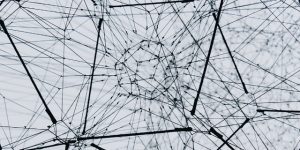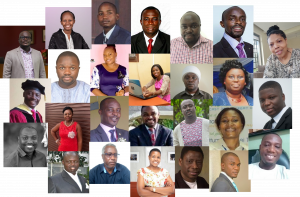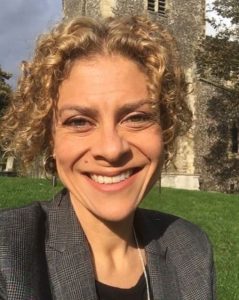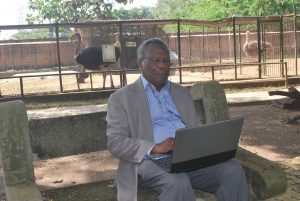Developing AuthorAID towards a community-led model
Andy Nobes reflects on the evolution of AuthorAID over the past two years and the importance of growing community leadership.
Andy Nobes reflects on the evolution of AuthorAID over the past two years and the importance of growing community leadership.
For research breakthroughs to make a difference to people’s lives they need to be discovered and used. For many years INASP has developed expertise in supporting researchers in communicating their research and in supporting policymakers to use research and evidence. In this post, Emily Hayter and Andy Nobes discuss what INASP has learnt about good approaches to bridging that gap.
Earlier this year INASP collected stories of innovation in digital learning from three African countries as part of a British Council project. Jon Harle shares some of the key themes that emerged across the stories.
Late this summer we announced the appointment of Lizbeth Navas-Aleman as our incoming Chair of the Board of Trustees – heralding INASP’s shift to the South. In this post, Lizbeth tells us more about herself and what excites her most about joining INASP.
Earlier this year we called for project ideas to harness digital technologies to advance research and knowledge in the South. Jonathan Harle discusses the three projects selected.
The publishing strand of our Global Platforms for Equitable Knowledge Ecosystems supports journals in low- and middle-income countries with improving their publishing processes to support greater research impact in the countries. Sioux Cumming explains
Registered charity no: 1106349
The Old Music Hall, 106-108 Cowley Road,
Oxford, OX4 1JE, UK
Tel: +44 (0)1865 249909
Email: info@inasp.info
© copyright 2025





